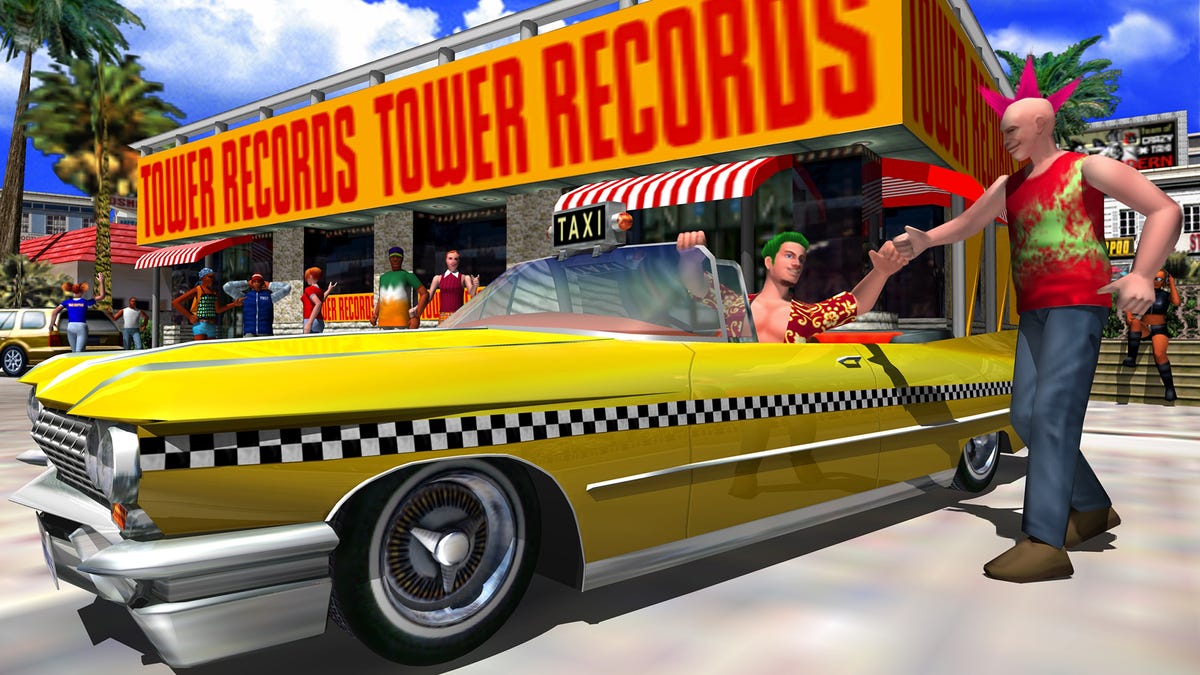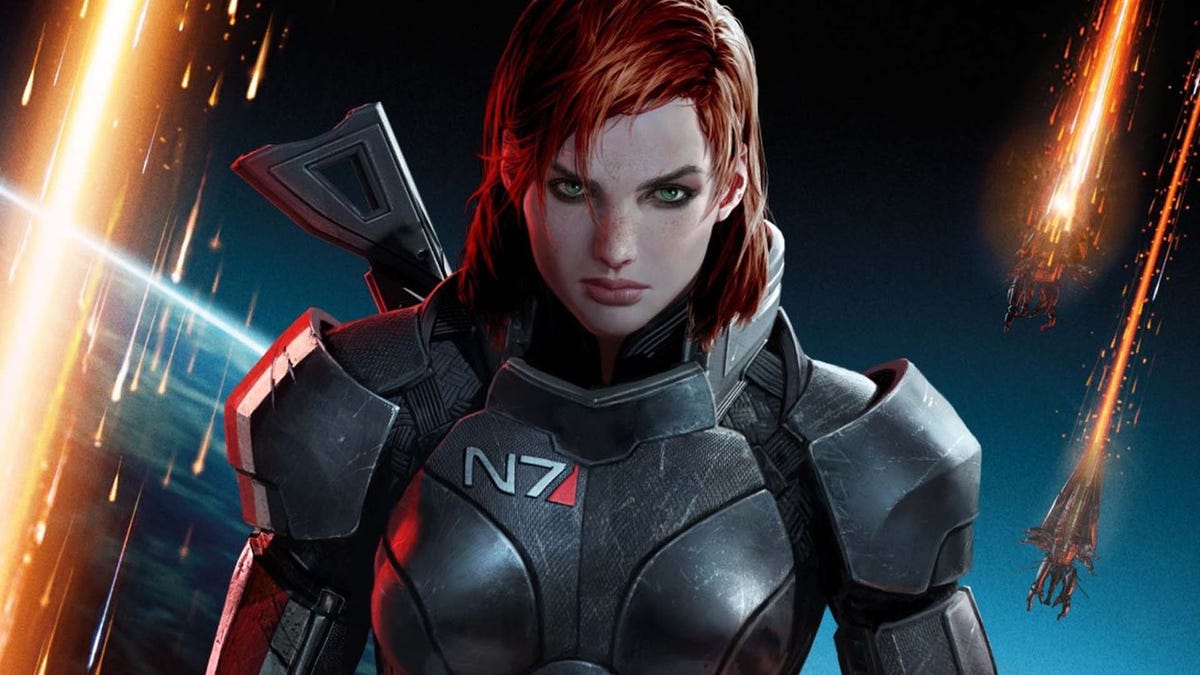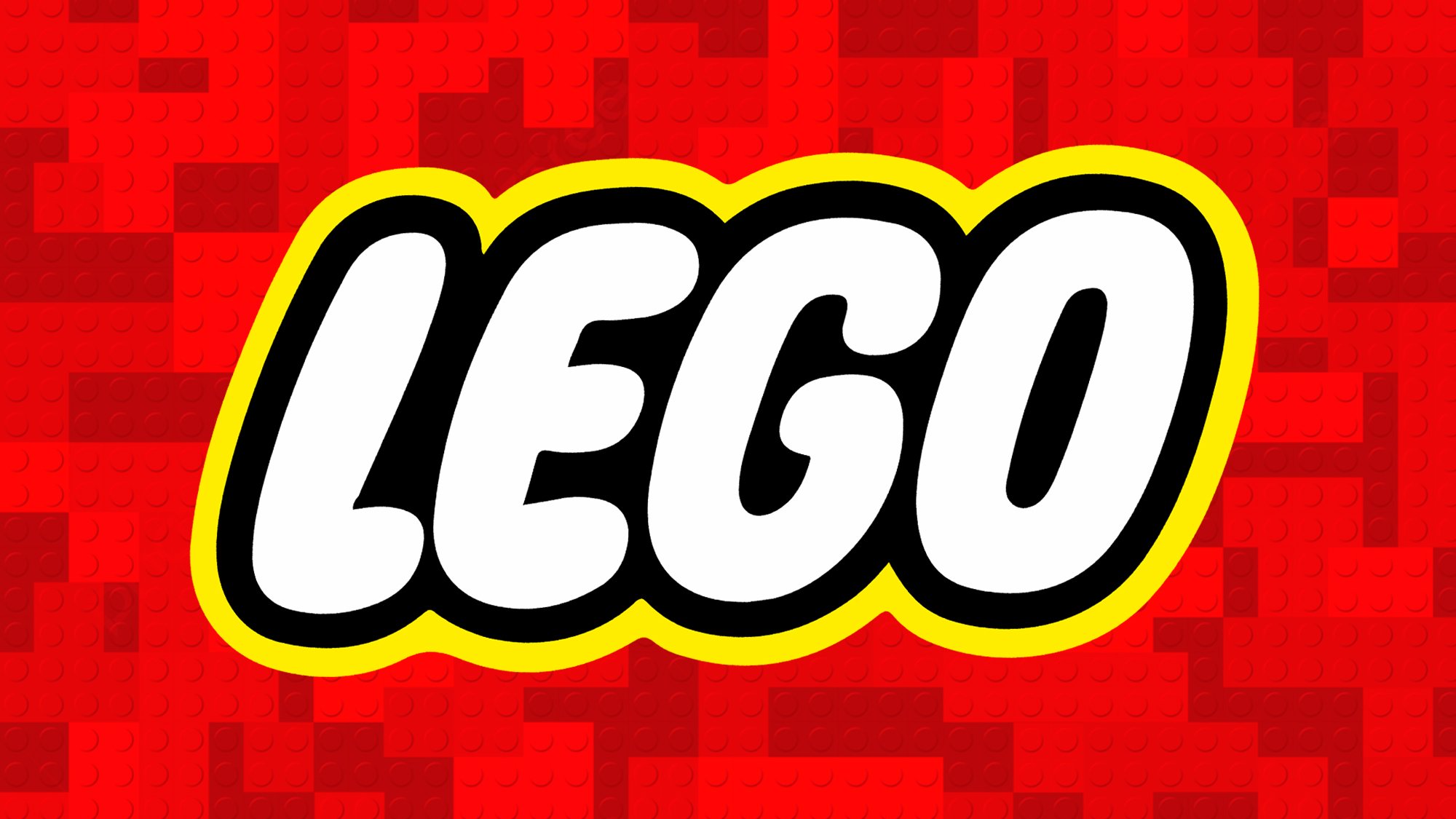When talking about Dragon’s Dogma 2, one inevitably has to talk about an adventure that predates the original, because before the work of Capcom and Hideaki Itsuno in 2012, we were at the premiere of Elder Scrolls V: Skyrim, a game that which opened the role completely. Game and adventure genre for the general public, even more than what its predecessor Oblivion had already achieved, one of the best titles of the seventh generation.
But Dragon’s Dogma was very different, as it was a game that mimicked Western fantasy but was developed almost entirely by a Japanese team, and it took many of the mannerisms of JRPGs and applied them to its more action-oriented approach, resulting in a unique Game introduced character to this title, a character that was also retained until this installment of Dragon’s Dogma 2, which reaches us after a decade of waiting.
I talked about Skyrim because the truth is that the best compliment I can give to Dragon’s Dogma 2, aside from the time and technical aspect, is that I feel the same feelings of curiosity, wonder and desire to continue the exploration as I first set foot in the cold lands of Bethesda.
Advertising:
Curiously, the story of Dragon’s Dogma 2 begins the way these stories often begin: in a prison. There is our character, a mysterious individual who has lost his memory and works in forced excavations until the attack of a monster forces him to flee, as well as a mysterious stranger who reveals to him that he is the Awakened, the dragon’s chosen one, and it encourages you to seek your destiny in the world. He must fight against fate and make his way to the Kingdom of Vermund, where he not only tries to restore his memories before he becomes the Awakened, but also becomes embroiled in a complex political conspiracy to… To overthrow the false ruler and avoid him a new war between two neighboring kingdoms.
I don’t want to dwell on this for too long since it’s already in the public domain, but the character editor that was introduced before the game’s release is absolutely outrageous. The level of character customization allows you to choose from literally millions of combinations, and you could (given time) recreate your face down to the smallest detail, transferring it exactly to your in-game character. Character who, by the way, appears in the film scenes, so if you want to give the game a certain personal touch, this is worth it. And the same goes for your Pawn companion, as he will be the one who moves between players’ worlds and comes back laden with treasure and rewards as he helps others.
Apart from that, our character will have to travel a long journey populated by all sorts of creatures and bandits while completing missions and errands that the city needs.
Advertising:
But although the fate of the Awakened, and therefore the player, is that of the most important person in this world, the Chosen One always has a small group of companions who rotate throughout the adventure, called pawns, who assist him and serve him with absolute loyalty. Your character creates a pawn that you can customize and that you must improve by changing his class and fighting style to adapt him to your own as well. It’s important to put together a balanced team that can handle as many eventualities as possible, be it through healing, ranged attacks or magic, or even melee combat. Luckily, unlike most “companions” in other single-player titles, the pawns never get in the way, and you’ll often appreciate them pointing out nearby objects on the map or leading you straight to the mission objective they already know about. why have they completed it “in their world”.
While the enemies generally aren’t much of a challenge when encountered in isolation, as their numbers increase things can quickly become complicated. There are many large monsters to defeat to earn popular experience, gold, and equipment improvement materials, and if you don’t have the right skills, spells, or weapons, the battle can become hell. And there are no save spaces: either you repeat or give up, there are no more options.
The Resurrected One is called to be the ruler of the people, and for this you must win over the people. It’s not just about killing the dragon, you have to help the population with their thousand and one problems, which range from finding ingredients to escorting missions to shooting an elf who has lost his touch to a A woman whose husband does nothing is more than just running around the square, a young man running away from home, or a Feride (the other playable race besides humans) who has to get a jewel to keep his life at all costs to escape creditors. It’s in these missions, and just wandering around this gigantic map between the kingdoms of Vermund and Battahl, that Dragon’s Dogma 2 as a whole shines the most. Every path, forest, grove, hill, cliff or cave is full of things to do, loot to loot and enemies to defeat. Even at a deeper level, it may be connected in some way to future quests or lead to you discovering secrets, such as about secret calling techniques. In short, it is the expression of pure and simple adventure.
As if all that wasn’t enough, Capcom has managed to create a world that is so beautiful, detailed and well designed that you will never feel like two paths are the same, because each area even has its own flora , materials to collect and local monsters . A small detail like the grass swaying in the wind is a visual spectacle.
Another good moment and success is the day-night cycle, because while during the day it is pleasant to be entertained by the world, at night everything becomes deadly dark. Even if you turn on the flashlight (and be careful as the oil supply is limited), you can barely see a few meters around you and enemies that appear at night are much more dangerous. In the darkness of a forest you can really feel the true tension of the game when you have to face a horde of goblins or an ogre in the dark that beats you mercilessly and you have to flee in fear and pray to find a lit place City where you can seek refuge before you die.
But of course, as great as this all is and there are literally dozens of hours of gameplay and miles of maps to explore and find, all of this can fall apart if the rest of the systems don’t support it. It’s still not entirely clear to me whether this observation and discovery approach they took in Dragon’s Dogma 2 best fits with an idea of a completely open world where player involvement and interaction is paramount.
Each mission objective requires almost complete player involvement. There is no guidance system, the destination is not directly marked on the map or shown in a specific location, which you can simply get to with a large icon marking where you should look or interact. No, here you have to let curiosity guide you and pay attention to all the details in handwritten conversations or mission guides to find and complete them. This is a mixed blessing because on the one hand it gives you a total feeling of being involved in the narrative. On the other hand, it also relies too much on events happening as intended, and this is where the problems arise. For example, you can spend 20 minutes searching a room for a clue to a goal and it turns out that it all depended on breaking through a specific wall that had a secret room on it. But of course there was no signal of interaction with this wall, nor was there any previous example to understand this system. These design decisions can easily mislead the player, and as the game progresses you might even think there is a technical error because you simply don’t understand what they are trying to convey.
And this is where this wonderful house of cards shakes the most, because the other big problem is the artificial intelligence of the non-player characters, something truly terrible. Most of these supposedly thousand NPCs seem to just wander around with little to do other than fulfill their purpose in a quest or story at the right time, and sometimes it just depends on luck whether that quest encounter happens or not.
The characters’ behavior becomes so erratic that it even contradicts what they themselves say. The prison guards are particularly stupid, and I almost threw my controller out the window when they locked me up for no reason and made me pay an exorbitant sum that I had to spend hours upgrading the equipment so I could get out and continue. I could understand if it’s because it shouldn’t be there, but it’s just unpredictable and confusing AI that greatly detracts from the fun of the game.
The technical aspect doesn’t make Dragon’s Dogma 2 stand out either. The exaggerated motion blur, a flaw that I noticed in my first impressions months ago, is still very present here and it can even be painful to see that when there are so many beautiful details in the game, everything in these beautiful landscapes is blurred managed to create Capcoms.
In short, I think that Dragon’s Dogma 2 is a great proposal for the RPG genre and a title that fulfills many of its promises of great adventures for players. But despite many advantages, an interesting story and the wonderful feeling of exploring and experiencing a truly unusual adventure, the game has some technical inconsistencies that do not allow it to be as complete a product as it could be. I trust that many of its shortcomings can be corrected over time, and hope that I can then return to fully explore its world, a good portion of which I know I have left undiscovered.




















